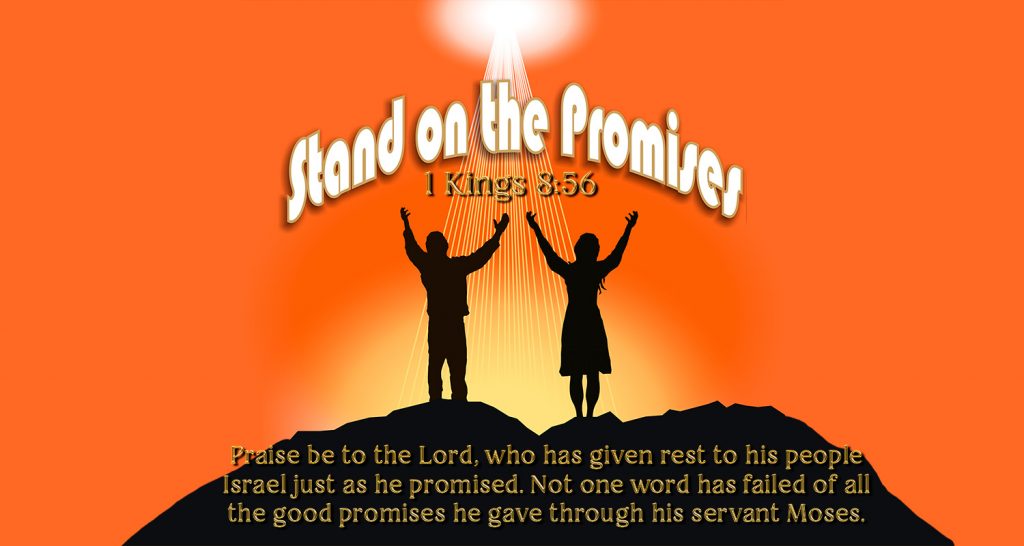Surely God will never do wickedly, nor the Almighty pervert justice. Who gave Him charge over the earth? Or who appointed Him over the whole world? If He should set His heart on it, if He should gather to Himself His Spirit and His breath, all flesh would perish together, and man would return to dust. “If you have understanding hear this; listen to the sound of My words: Should one who hates justice govern? Will you condemn Him who is most just? Is it fitting to say to a king, ‘You are worthless,?’ And to nobles, ‘You are wicked?’ Yet He is not partial to princes, nor does He regard the rich more than the poor; for they are all the work of His hands…” Job 34: 12-19, NKJV.
Gracious God, please come divinely close, and enrich our lives with the content of Your Word; in the precious name of Jesus we pray! Amen.
Today we have come to the last dialogue between Job and his three friends, the discourse of Bildad. We will be looking at the main issues raised by Bildad, and the way Job responds to them.
Bildad begins on the premise that God is righteous, and does not pervert justice (Job 8: 1-3, NRSV). What seems extremely insensitive to me, is the mention that Job’s children received what they most likely deserved (4)! Job, of course, always took precautions to offer sin offerings for his children just in case; but for Bildad to say this, in my opinion, seems void of all consideration for human suffering! His tone immediately softens, as he appeals to Job to repent and experience the favor of God (5-7, 20-22). In the midst of this he interjects the fact that God will punish the wicked (11-19). Like Zophar, he appeals to tradition (the ancestors); almost to the point of completely ignoring the reality of Job’s experience (8-10).
Job begins his response by seemingly agreeing with Bildad, “Indeed I know that this is so; but…” (9: 2), how is it possible to prove my innocence before God? He speaks of God’s sovereign power over His creation (4-10); then he immediately begins lamenting how harsh God has been in His dealings with him, even though he is innocent (11-24). Since God is just, how is it possible for Him to condemn an innocent person? Then, almost as if in self-reflection, he suddenly asks: “If it is not [H]e, who then is it” (24)? How he wishes for an arbiter between himself and God! He rehearses the speech that he would recite before God. Job’s pain seems to stem from the fact that he cannot understand why God would fashion him with such detail, just to turn around and destroy him (10: 3-13)! Why was I not stillborn (18, 19)?
Bildad accuses Job of self-destruction (18: 4); and insists that calamity comes as a result of sin (5-21). Job lets his friends know that words can break a person. Their words have broken him in pieces (19: 2, 3)! He is very bold in holding on to his integrity by insisting that though calamity is brought on by sin; it is God who has wronged him (5, 6)! He laments the alienation of family and friends; describes his emaciated condition, begs his friends to pity his condition, and somehow, finds the way to end on a high note of victory at last; when even after he has been destroyed by death, with his own eyes he will see God for himself (13-27)!
What a sad image Job’s friends, and at times, Job himself; seem to have of God (25: 1-5)! And our concept of God, is reflected in our concept of ourselves (6)! (We will say more about this in our conclusion). Job’s last response to Bildad, is quite lengthy. It is presumed that a part of chapter 27 are not his words but Zophar’s (NRSV, footnotes). However, the main content of these last responses of Job include: the glory of God as Creator (26: 6-14). Job holds fast to his integrity. He concludes that the righteous will enjoy what is rightfully theirs; while the wicked will ultimately be defeated. He describes Wisdom and Understanding, not as precious metals, but as ways of being! Job reminisces over the good old days: “How green was my valley!” He names all the sins he is not guilty of; and all the virtues that he has displayed. Thus is summarized Job’s last defense!
